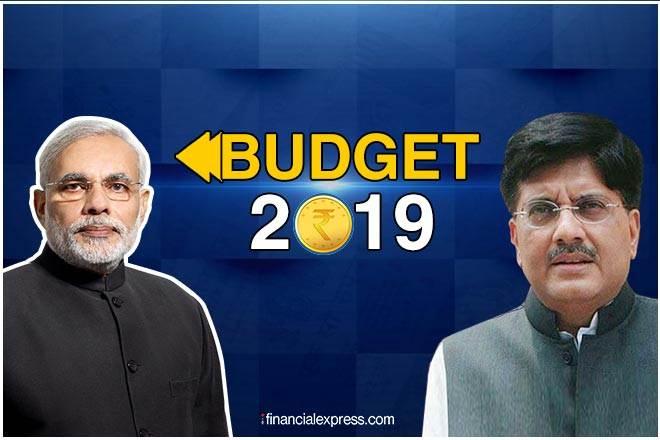In the recent years, while development has become a day-to-day affair with the implementation of various
policies and frameworks, every year all segments of the Indian economy — be it corporates, investors or the aam aadmi — look forward to the outcome of the Budget as an important landmark to lay down a road map for the holistic development of our country.
This year, amid much fervour and anticipation, finance minister Piyush Goyal presented the Modi government’s Union Interim Budget against the backdrop of the upcoming general elections. The finance minister provided a compelling report card of the government’s achievements of the past years in various sectors and segments of the Indian economy.
In this year’s Budget, the finance minister has continued its focus on development of the agrarian sector. A
revolutionary new programme, ‘Pradhan Mantri Kisan Samman Nidhi (PM-KISAN)’ has been launched to provide
direct income support of Rs 6,000 per annum to small and marginal farmers holding cultivatable land of up to two hectares. This should provide structured income support to the small and marginal agrarian communities.
The PM-KISAN programme clearly reflects the maturity of governance and the high confidence in the direct transfer/disbursement mechanism to reach the targeted population. Going forward, this would potentially be used for disbursement of other subsidies and development programmes.
Another focus area was the unorganised sector, wherein the finance minister launched a nationwide pension scheme, covering workers such as street vendors, construction workers, handloom and leather industry workers etc, having a monthly income of up to Rs 15,000. This path-breaking initiative aims to provide regular income to the workers of this sector after the age of 60 years. This is a welcome scheme and shall fare well with the common man, especially since this sector contributes nearly 50% of the country’s GDP, as stressed by the finance minister.
Over the last four years, the initiatives to create social security for the wider section of the Indian economy has been introduced, which has laid down the foundation of living with ease and dignity.
On the tax front, this year’s tax proposals had no surprises for Corporate India but was a cause of much joy and cheer for the common man. In a welcome move, the finance minister announced that individuals having income less than Rs 5 lakh would not be liable to tax. On the other hand, for the salaried class, the standard deduction was increased by Rs 10,000 to Rs 50,000. Other tax benefits include extending the benefit of non-taxation of notional rent to up to two houses (restricted to one house earlier) and extending the benefit of capital gains exemption to investment in two houses, where the capital gains is less than Rs 2 crore. These measures clearly show that the government is listening and is responding to the actual practical problems of the common man.
To conclude, the Interim Budget is balanced and targets the wider community — be it the middle-class individuals, the agrarian community or the poor and marginal communities. Despite the outlay of various incentives, frameworks and policies, it is admirable that the fiscal deficit has been contained at 3.4% of the GDP, only marginally higher than the targeted 3.3% for this year. However, after the impending elections, it shall be interesting to see how the new government meets the fiscal deficit target of 3.1% for the next year.
-The author is Senior Partner, Tax & Regulatory, PwC India

